Delhi's EV policy may create 20,000 jobs; focus on battery swapping and charging network
In a strong recommendation, the draft policy also lays down that two-wheelers running on petrol, diesel, and CNG will not be allowed from August 15, 2026.


Delhi's electric vehicle (EV) policy 2.0 may generate up to 20,000 jobs and will also set up battery collection centres while establishing a city-wide network of charging and swappable battery stations.
Speaking to PTI about the newly proposed policy, Delhi Environment Minister Manjinder Singh Sirsa on Saturday said the purpose of this policy is to encourage the adoption of electric vehicles to reduce pollution.
The focus will be on mass categories such as two-wheelers, buses, three-wheelers and goods carriers with the aim of transitioning them to electric vehicles.
GNCTD (Government of the National Capital Territory of Delhi) shall target the creation of 20,000 EV jobs during the policy period and may also set up battery collection centres to strengthen the battery recycling ecosystem, according to the policy draft accessed by PTI.
"By 2027, the government has targeted that 95% of all new vehicle registrations will be electric, which will significantly reduce emissions in the city," said Sirsa.
"Our ambitious goal is to ensure widespread public access to charging and battery swapping infrastructure. By 2030, we aim to achieve 100% availability of recharging facilities for all types of EVs," he added.
The policy also includes setting up battery collection centres and establishing a city-wide network of charging and swappable battery stations.
The new proposed policy also proposes setting up Skill Centers to provide training in the EV ecosystem and create an EV-skilled workforce in collaboration with academic institutions.
It further aims to develop an intensive public outreach programme focused on raising awareness about the benefits of electric vehicles and the key elements of the policy.
As the government rolls out a comprehensive strategy to promote clean mobility in the capital, the policy aims to transform Delhi's transport landscape and significantly reduce emissions.
To support this transition, the government plans to strengthen the existing 'State EV Fund', drawing from the Air Ambience Fund and levies on non-electric vehicles and constitute a dedicated Delhi Clean Mobility Center for effective policy administration.
The proposal is currently under the government's consideration and is expected to be approved soon.
Designed to complement the Centre's PM E-DRIVE scheme, the EV Policy 2.0 aims to accelerate electric vehicle adoption across Delhi.
The draft of electric vehicle (EV) policy 2.0, which is likely to be announced soon by the Delhi government, recommends the phasing out of CNG-driven autorickshaws.
As per the draft EV Policy 2.0, no CNG autorickshaw registration will be allowed from August 15 this year.
The CNG auto permits will not be renewed from August 15 this year, and all such permits will be substituted or re-issued with only e-auto permits.
The draft policy also recommends phasing out fossil fuel-driven vehicles carrying solid waste deployed in large numbers by the civic bodies and city buses.
All CNG auto-rickshaws above 10 years old will be mandatorily replaced or retrofitted to run on batteries during the policy period.
In a strong recommendation, the draft policy also lays down that two-wheelers running on petrol, diesel, and CNG will not be allowed from August 15, 2026.
Similarly, it recommends that no diesel, petrol, or CNG three-wheeler registration will be allowed in case of goods carriers from August 15, 2025.
The Delhi government extended its current Electric Vehicle (EV) policy by 15 days following its expiration on March 31.
The policy will be notified after its approval by the Delhi Cabinet. It seeks to improve the situation of air pollution in Delhi with the replacement of a large number of fossil fuel-run vehicles in an aggressive manner.
Edited by Suman Singh
































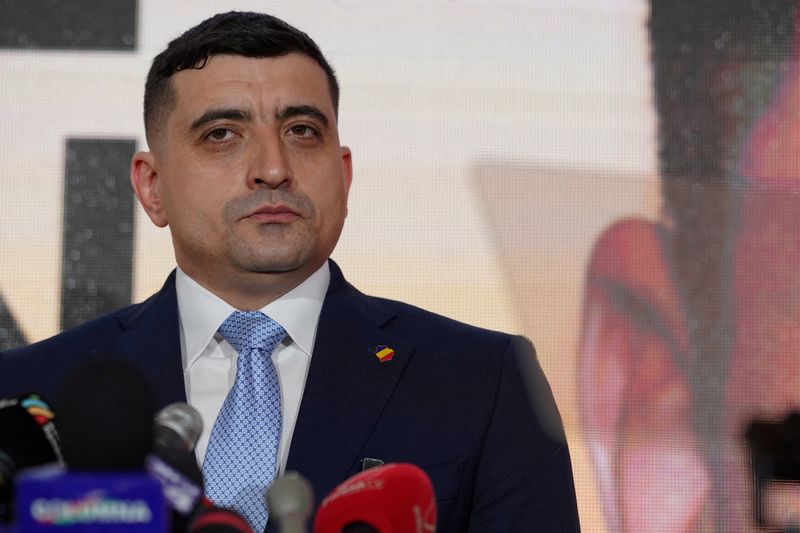









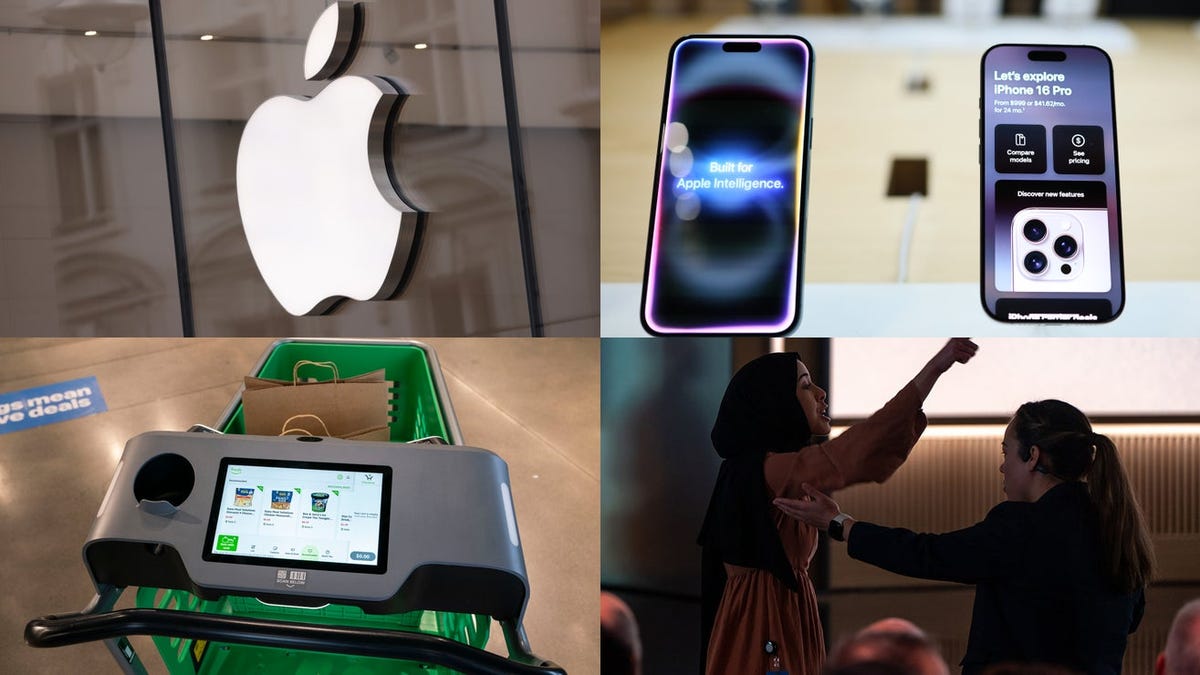









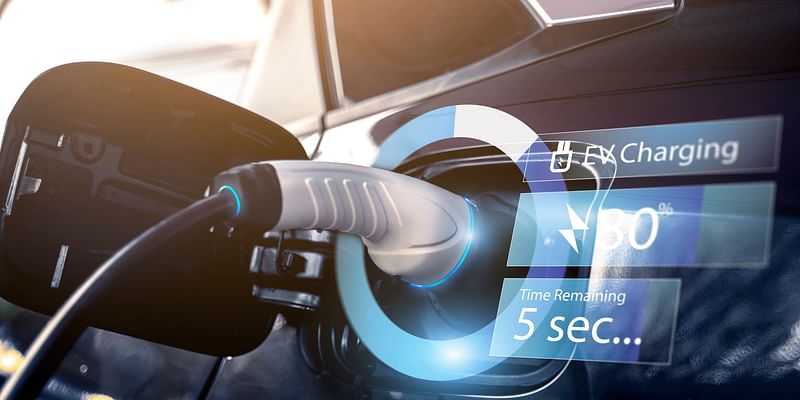

















































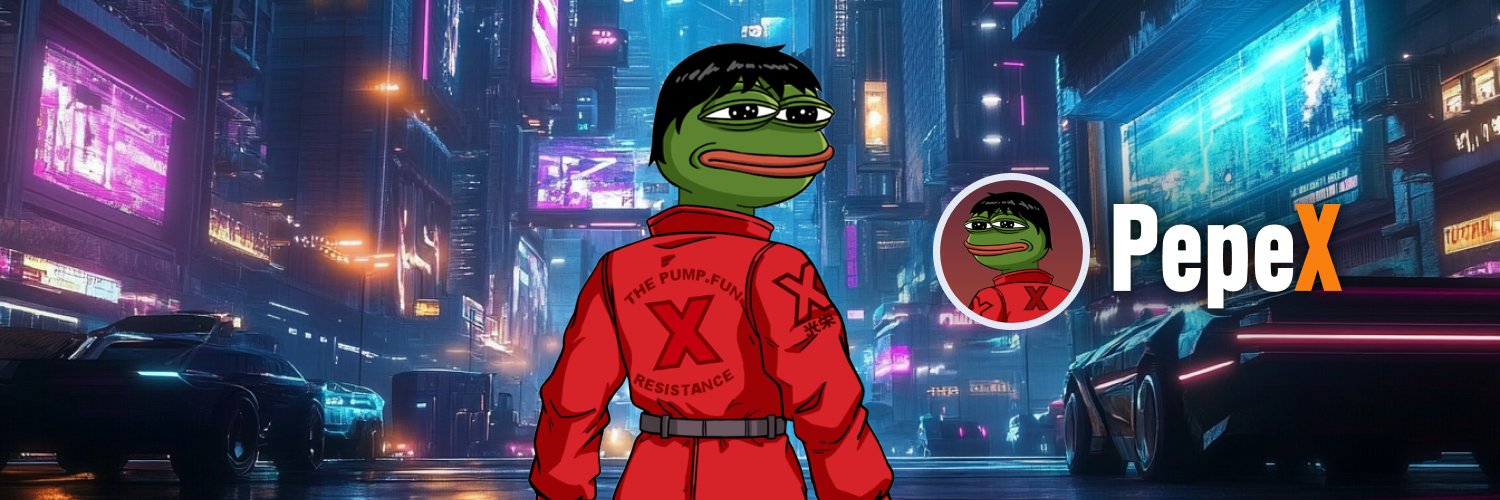









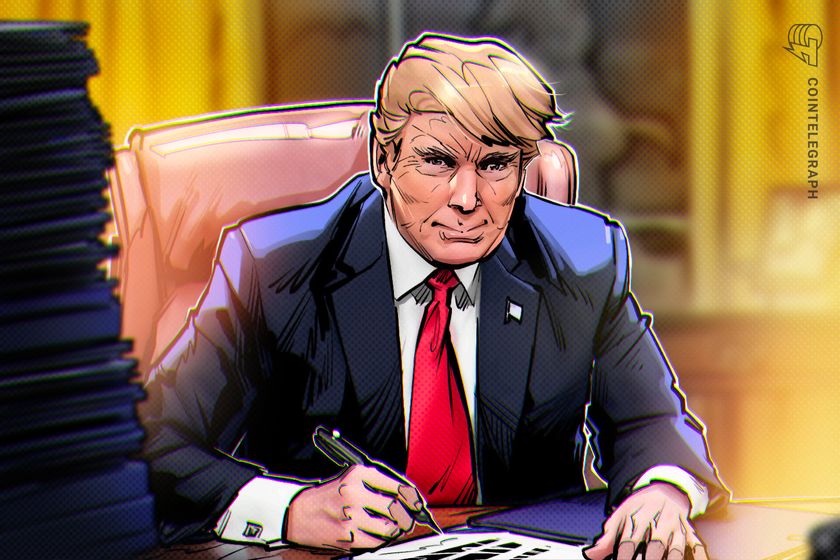






















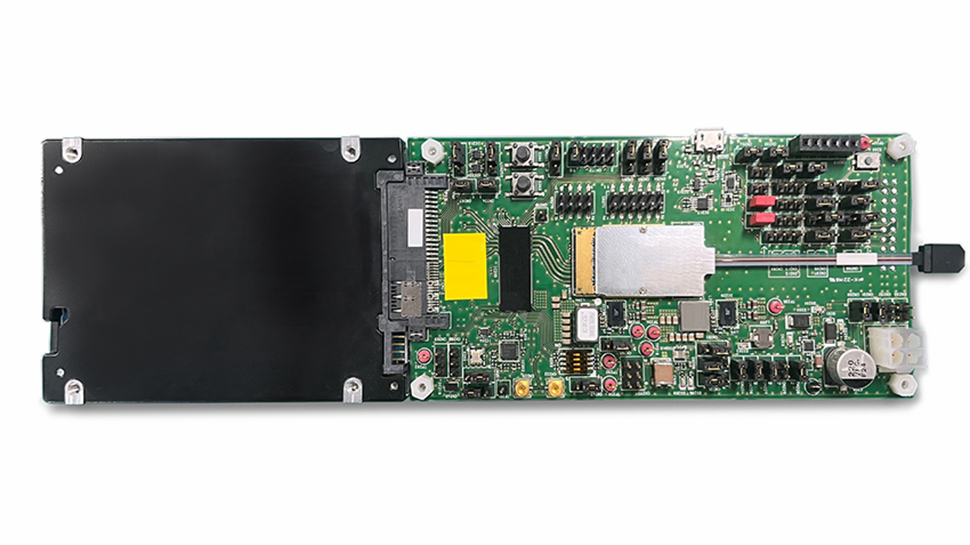
































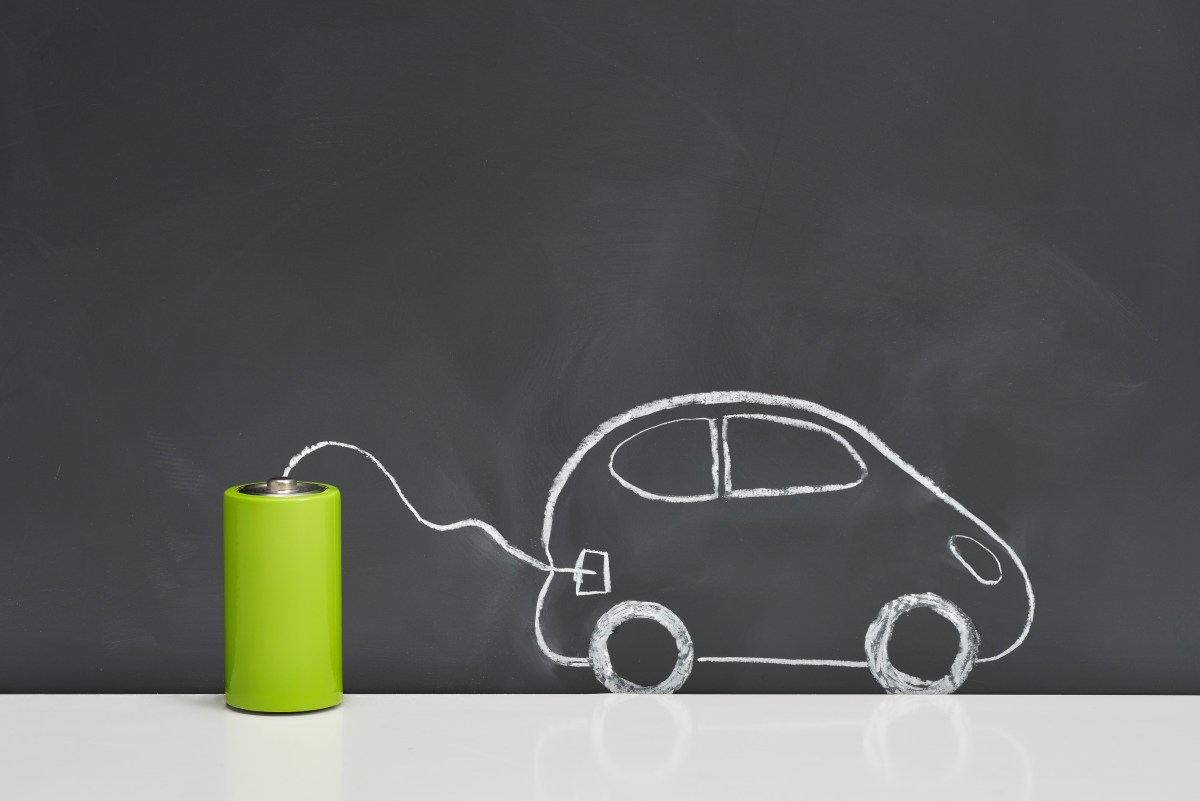














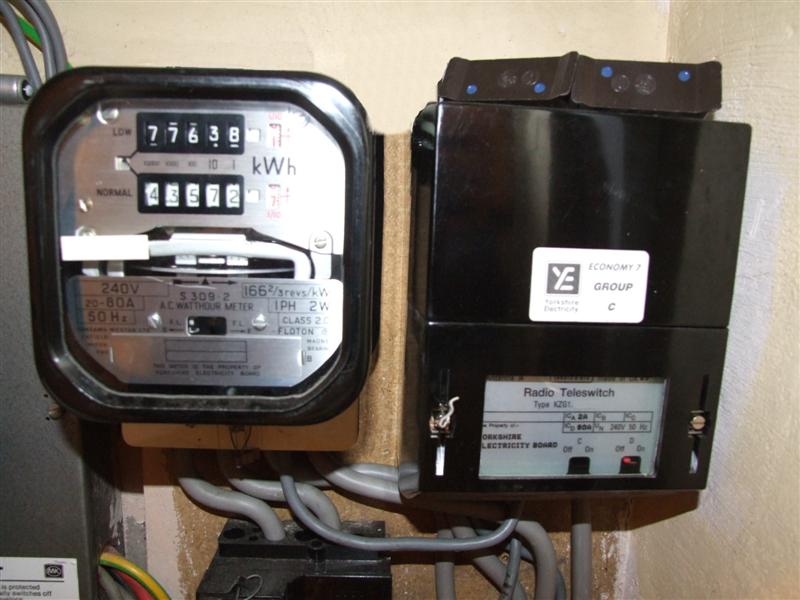






![How to Find Low-Competition Keywords with Semrush [Super Easy]](https://static.semrush.com/blog/uploads/media/73/62/7362f16fb9e460b6d58ccc09b4a048b6/how-to-find-low-competition-keywords-sm.png)


